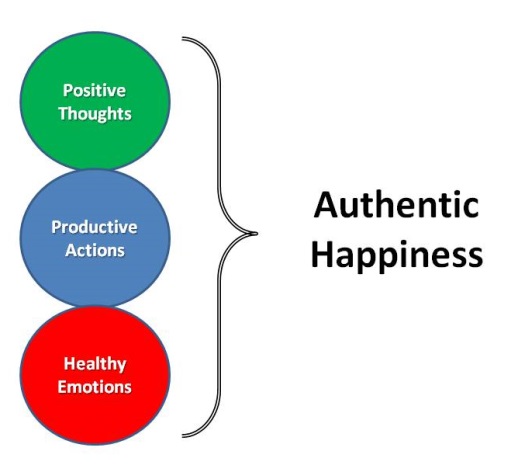Finding authentic happiness is a profound pursuit, layered with complexity and rich in meaning. In the Baha’i Faith, the quest for genuine fulfillment unfolds through a tapestry of teachings that interweave individual purpose, community involvement, and a deep connection to the divine. This exploration illuminates not just the path to happiness but encapsulates what it means to live a life of significance and purpose.
To embark on this journey, one must first grasp the metaphoric essence of happiness as a garden. Just as a gardener diligently tends to various flora, ensuring each plant receives adequate nourishment, attention, and love, so too must individuals cultivate their inner landscapes. The Baha’i teachings emphasize that authentic happiness germinates in the soil of moral and spiritual development, requiring both self-reflection and selflessness. This dual focus allows one to transcend the superficial allure of transient pleasures and instead foster a profound sense of joy rooted in altruism and service.
A fundamental tenet of Baha’i teachings is the interconnectedness of all humanity. The metaphor of the garden extends here; each individual’s flourishing contributes to the vibrancy of the global community. In this context, authentic happiness can be likened to the resonance of harmonious notes in a symphony, where each part enhances the whole. Baha’u’llah, the founder of the Baha’i Faith, articulates that true joy is linked to the welfare of others, as the satisfaction derived from benefiting humanity engenders a lasting sense of fulfillment. This principle invites individuals to reflect on how their actions reverberate throughout the community, fostering a collective spirit of happiness.
In light of this, the Baha’i approach to happiness encourages active participation in societal progress. Engaging in community service and fostering connections with diverse individuals are pivotal ways to instantiate the teachings of kindness and compassion. Consider the allegory of a river: as it flows, it nourishes the banks, providing sustenance to all creatures that depend on it. Similarly, when individuals contribute positively to their surroundings, they not only uplift others but also create a conduit through which happiness flows into their own lives. Thus, serving others becomes a catalyst for personal joy, aligning individual well-being with the greater tapestry of humanity.
The Baha’i Faith also emphasizes the importance of education in the pursuit of happiness. Just as the birch tree stands resilient against the harshest storms through its deep roots, individuals equipped with knowledge and an understanding of the world can weather life’s trials with grace. Education, both formal and informal, serves as a transformative tool that fosters critical thinking and nurtures the soul. In this light, authentic happiness stems from a continuous quest for knowledge—an openness to learn and evolve amidst the ever-changing topography of existence.
Moreover, the Baha’i teachings articulate a nuanced understanding of the role of emotions in achieving happiness. Emotions, like clouds, may obscure the sun, yet they are also ephemeral and subject to change. The ability to navigate emotional landscapes is crucial; the teachings advocate for a balanced perspective that acknowledges both joy and sorrow. In moments of despair, individuals are encouraged to reflect on the temporality of those feelings, understanding that the sun of joy will eventually break through. This resiliency, facilitated by spiritual practices such as prayer and meditation, fosters a deep-rooted happiness that remains anchored even in turbulent times.
Furthermore, the cyclical nature of life inspires Baha’is to embrace periods of growth and transformation. Authentic happiness is not a static state but an evolving experience shaped by life’s myriad challenges. Each hardship presents an opportunity for development, much like a caterpillar’s metamorphosis into a butterfly. Baha’i teachings encourage individuals to view life’s trials as stepping stones toward greater self-awareness and inner strength, thus reshaping the narrative of happiness from a finite goal to a dynamic journey.
In cultivating authentic happiness, one must also consider the element of gratitude. Like a guiding star, gratitude illuminates the path towards joy, allowing individuals to recognize and appreciate the abundance in their lives. Baha’i teachings recognize that focusing on the blessings of life, however small, cultivates a mindset that attracts positivity. This proactive engagement with gratitude acts as an antidote to discontent, ushering in a sense of peace and fulfillment even amidst life’s imperfections.
In conclusion, the Baha’i teachings offer a rich framework for discovering authentic happiness through the interplay of individual dignity and collective responsibility. By embracing the metaphors of the garden and the river, individuals are inspired to cultivate their spiritual growth while nourishing their communities. The teachings promote education, emotional resiliency, and gratitude as essential elements in this pursuit, creating a holistic approach to joy that transcends superficiality. Ultimately, the Baha’i narrative on happiness speaks to the heart of human experience: a reminder that authentic joy is found not in isolation but in our shared journey toward unity and understanding.
